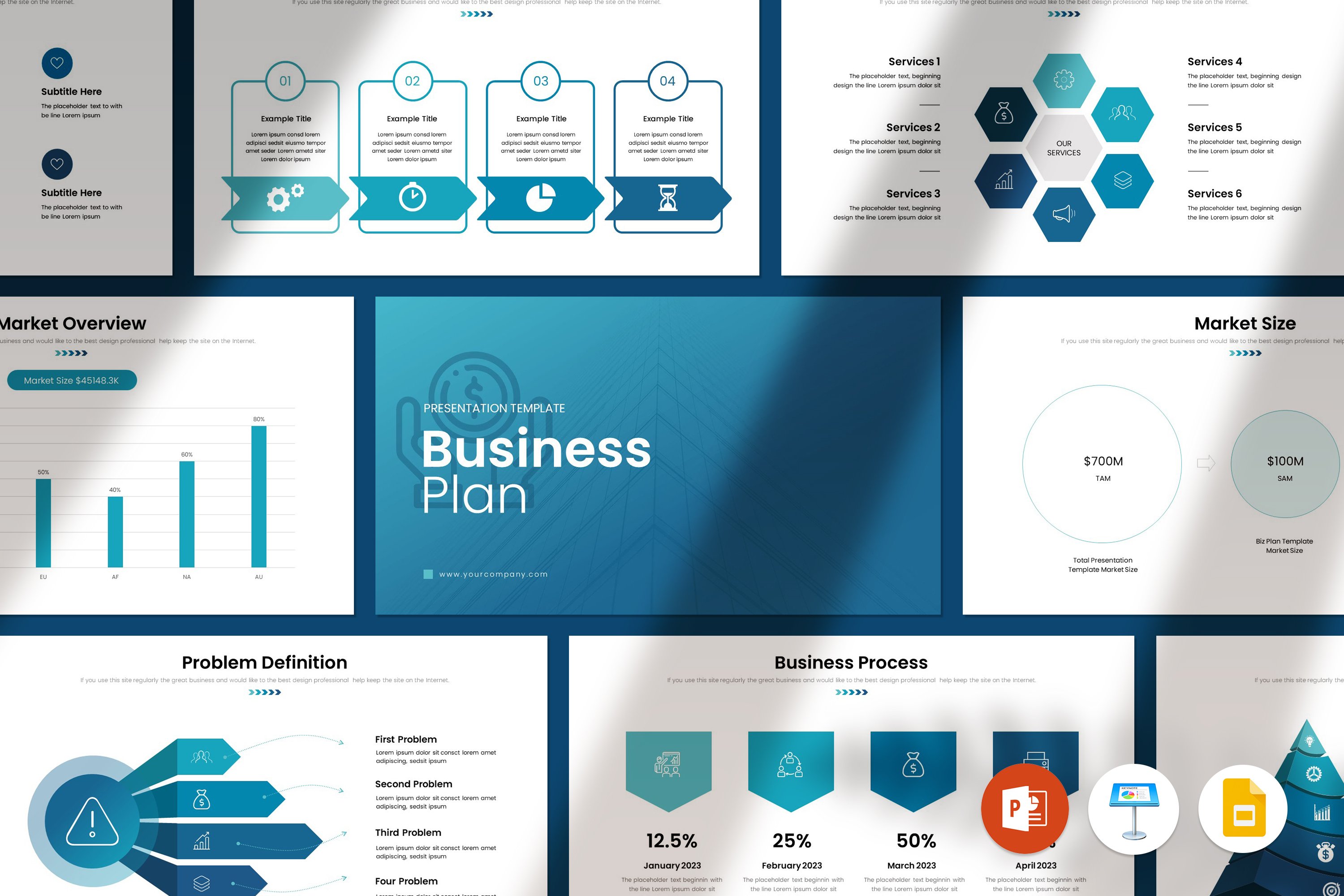Navigating Challenges: Proven Approaches for Effective Administration Offshore
By prioritizing clear communication, promoting a natural team culture, and executing durable threat management methods, companies can browse these complexities with higher ease. Leveraging sophisticated modern technology not just simplifies procedures but likewise promotes real-time cooperation across geographically distributed groups.
Recognizing Offshore Obstacles
In navigating the complexities of offshore administration, organizations should first acknowledge the special obstacles that arise in this setting. Offshore procedures frequently involve varied social standards, regulative structures, and economic conditions, which can produce possible challenges to efficient management. One primary challenge is the disparity in communication designs, commonly worsened by language obstacles and differing levels of technological integration. Misunderstandings can lead to ineffectiveness and prevent partnership amongst groups.
Furthermore, conformity with neighborhood legislations and policies provides another layer of intricacy. Organizations must stay notified of the legal landscape in each overseas territory, as non-compliance can lead to serious penalties and reputational damage. Differing labor regulations and work techniques can make complex labor force administration, requiring companies to adjust their human resources techniques appropriately.
Another considerable challenge is the danger associated with political and financial instability in specific regions. Organizations has to assess these risks and establish backup plans to mitigate possible interruptions. Inevitably, understanding these difficulties is crucial for organizations intending to maximize their offshore management strategies and achieve sustainable success in a globalized organization environment.
Effective Communication Approaches

Developing a common language and guaranteeing that all employee are skilled in it can minimize misunderstandings. It is also crucial to think about cultural differences that might affect interaction styles. Routine check-ins and comments sessions can advertise an environment of openness, making it possible for team participants to voice worries and share insights.
To boost interaction effectiveness, producing a structured communication plan that outlines regularity, approaches, and essential stakeholders can give clearness - management offshore. In addition, using aesthetic aids and composed paperwork can strengthen verbal messages, making certain that information is retained and comprehended
Structure a Strong Group Culture
Growing a strong team society is essential for the success of offshore groups, as it lays the foundation for partnership and efficiency. A durable group society promotes trust fund, interaction, and a common sense of objective amongst staff member, which is especially vital when functioning throughout different time zones and cultural contexts.
To develop this culture, leaders must focus on open interaction, guaranteeing that all employee feel heard and valued. Normal check-ins and great site responses sessions can aid enhance this method, enabling the recognition of worries and the event of achievements. Furthermore, developing clear goals and straightening them with the team's worths boosts dedication and liability.
Motivating social communications, both online and in-person, can further enhance connections within the group - management offshore. Informal celebrations and team-building tasks advertise camaraderie and help break down barriers that may exist as a result of geographical ranges. Identifying private contributions and celebrating turning points likewise cultivates a feeling of belonging and go right here motivation
Eventually, a strong team society not only enhances partnership but likewise drives development, as staff member feel encouraged to share ideas and take threats. By buying cultural advancement, overseas groups can attain better success and strength in the face of challenges.
Executing Danger Management Practices
Threat monitoring is a crucial component of effective offshore monitoring, making sure that teams are prepared to navigate unpredictabilities and possible obstacles. To carry out effective risk management practices, companies need to first determine the specific threats connected with overseas procedures. This includes studying factors such as geopolitical instability, ecological dangers, and supply chain vulnerabilities.
When risks are determined, the following step includes evaluating their potential effect and chance. This evaluation permits groups to prioritize dangers, focusing resources on those that pose the biggest threat to project success. Developing a thorough risk monitoring structure is vital; it must consist of clear methods for risk mitigation and contingency preparation.

Leveraging Technology for Success
In today's rapidly developing landscape, leveraging technology is pivotal for attaining success in overseas management. The integration of innovative technological remedies can substantially enhance functional performance, improve interaction, and foster collaboration across diverse teams.
Cloud computing systems facilitate real-time data sharing and access, permitting task stakeholders to remain educated and involved no matter of their geographic places. This immediacy not just boosts decision-making however additionally helps mitigate dangers associated with details delays. Furthermore, task management software gives a centralized center for tracking development, assigning tasks, and handling sources, guaranteeing that all staff member are aligned with job objectives.

Final Thought
Finally, successful overseas administration demands an extensive approach that incorporates effective interaction, solid group culture, strenuous risk monitoring methods, and advanced technical services. By cultivating partnership and engagement amongst diverse groups, organizations can browse the intricacies of offshore procedures extra adeptly. In addition, the implementation of a durable risk administration structure and the utilization of innovation not only improve operational efficiency however likewise prepare companies to effectively react to possible difficulties and uncertainties in the offshore setting.

By prioritizing clear interaction, cultivating a natural group culture, and executing robust risk management techniques, organizations can browse these intricacies with higher convenience.Threat administration is an important element of successful overseas administration, ensuring that groups are prepared to browse uncertainties and potential obstacles. Furthermore, job monitoring software program gives a central center for tracking development, designating jobs, and taking care of resources, making sure that all team participants are straightened with job goals.
In conclusion, successful overseas management necessitates a comprehensive strategy that integrates reliable communication, solid group culture, extensive risk monitoring techniques, and advanced technological options. By fostering collaboration and involvement among diverse groups, companies can navigate the complexities of offshore operations extra adeptly.